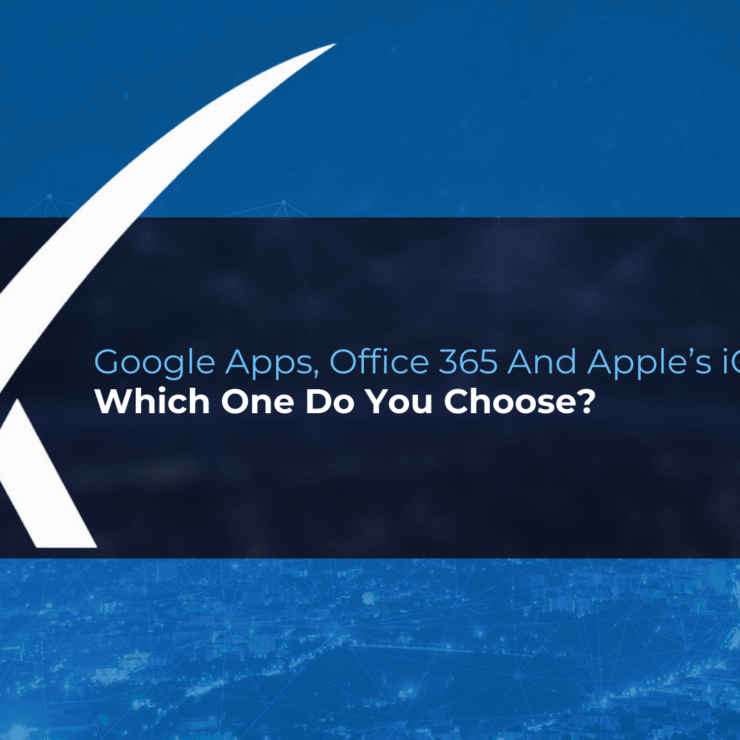Google Apps, Office 365 And Apple’s iCloud: Which One Do You Choose?

<!–[if pub]> 281 7772400 10058400 259 261 257 276 262 279 1 0“““““““““““ 5 1 0 285 282 1 False 0 0 0 0 -1 304800 243 True 128 77 255 3175 3175 70 True True True True True 278 134217728 8 Empty 16711680 52479 26367 13421772 16737792 13382502 16777215 Bluebird <![endif]–><!–[if pub]> 22860000 22860000 (`@““““` 266 263 5 110185200 110185200 <![endif]–>With all the hype around cloud computing, you’ve certainly heard about the cloud-based office applications being offered by Microsoft, Google and Apple. All are promising cheap, easy and convenient computing…but are they REALLY all they’re cracked up to be?
The most important thing you need to know is that these are relatively new technologies with new features being added on a monthly, even weekly, basis. And like any new technology, there are things that will not work as well as a very mature desktop application hosted on your machine. If you are a power user of Microsoft Office, you’ll quickly get frustrated when you discover Office 365 can’t perform some of the more sophisticated functions such as creating Macros in Excel or the advanced markup in Word.
Google Apps is a good platform for those businesses that need simple, inexpensive cloud-based collaboration software. However, if your company has been using Microsoft Office for years, you have a big investment to consider since all those documents will change when switched to Google Apps. Therefore, most companies will want to stick with Microsoft Office 365 rather than go through the pain of having all their documents slightly “off.” Additionally, Google Apps doesn’t always play well with certain line of business applications that were designed to integrate seamlessly with Microsoft Office.
Then we have Apple’s iCloud. While this is a cloud-based service, it shouldn’t be compared to Office 365 or Google Apps since it’s geared towards organizing, storing and accessing media (music, videos and pictures). While they do have some applications for e-mail and calendaring, it’s not designed to replace an office productivity suite.
But the war is far from over yet, and in the grand scheme of things Google may resolve all the above mentioned issues. Again, these are new technologies that are changing rapidly; what might be a good choice today could be a second rate choice next week. So which one should you choose? That depends on your own unique situation. No two companies are alike in the way they communicate, store information and work; therefore, it’s important you work with an IT consultant who takes a custom approach to solving your organization’s needs — not a one-size-fits-all company that only sells hammers and treats every client like a nail.